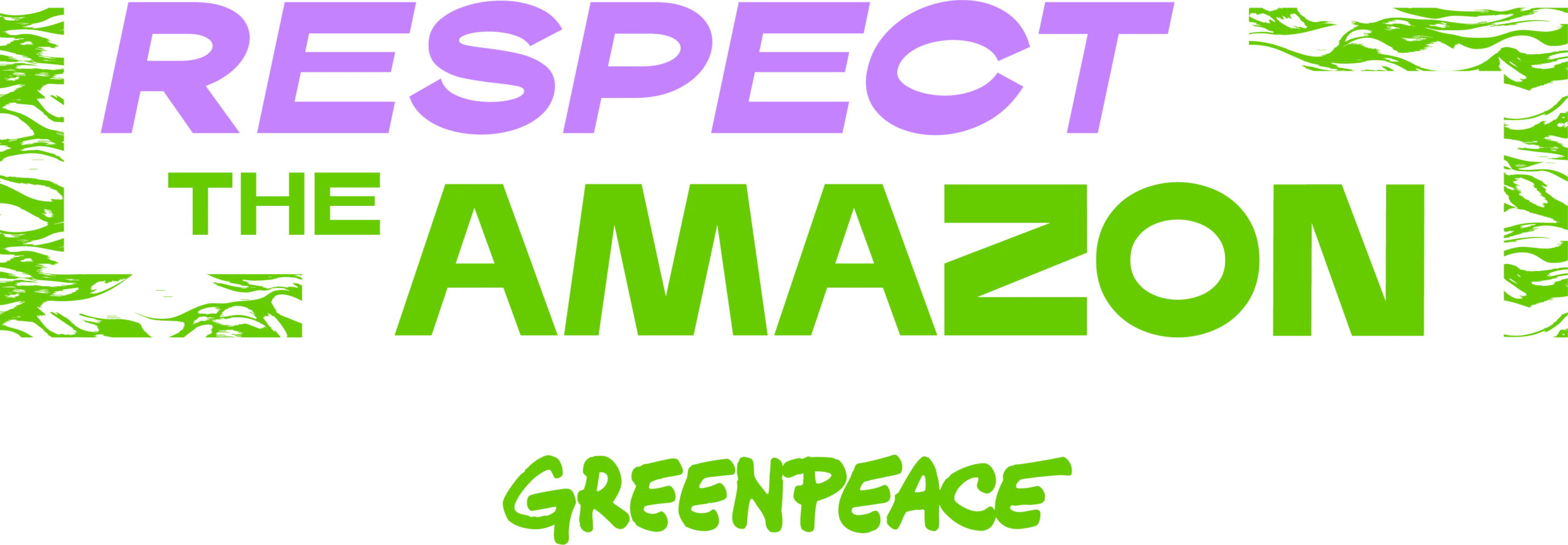Deforestation targets
In November 2022, JBS announced that it was bringing forward its deforestation-related targets, aiming to completely eliminate deforestation from its supply chain in the Amazon by 2025—including among indirect suppliers. However, this announcement came after the company faced criticism in 2021 for setting even more distant targets. It's worth recalling that JBS already had a commitment to zero deforestation in the Amazon, which should have been achieved by 2011.
